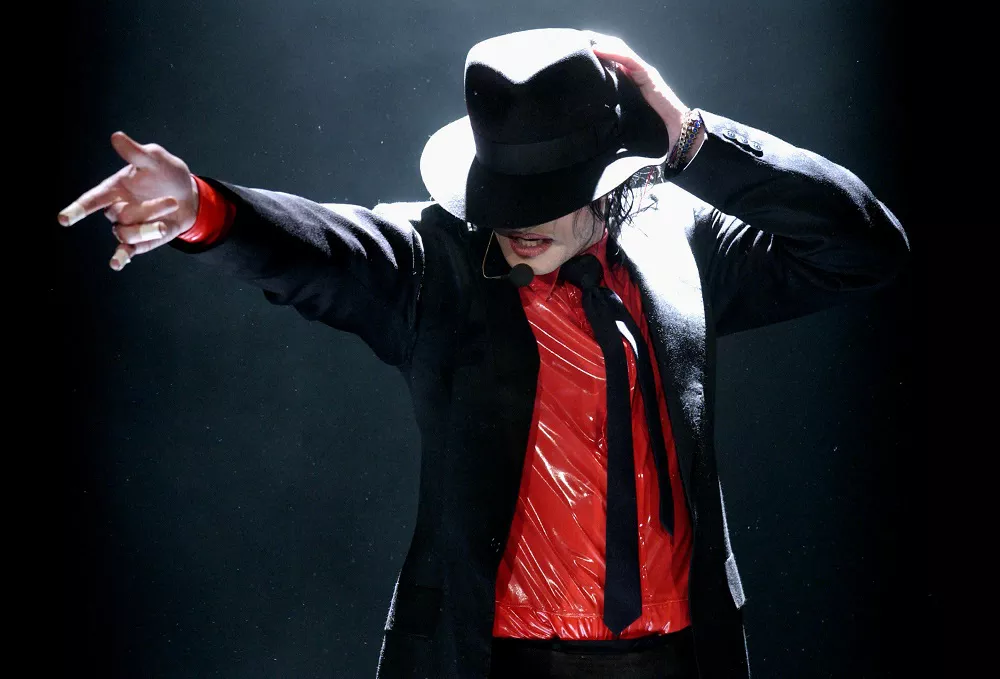Michael Jackson, known as the King of Pop, is one of the most influential and iconic figures in the history of music. His contributions to pop culture, innovative music videos, and groundbreaking performances have left an indelible mark on the entertainment industry. Tragically, his life was cut short on June 25, 2009, in Los Angeles, California. This article will explore the circumstances surrounding his death, his lasting legacy, and the impact he had on music and culture.
Michael Jackson’s Early Life and Rise to Fame
Born on August 29, 1958, in Gary, Indiana, Michael Joseph Jackson was the eighth of ten children in the Jackson family. His early exposure to music came from his family’s involvement in the entertainment industry, particularly through the Jackson 5, a Motown group formed in the late 1960s. The Jackson 5 quickly rose to fame with hits like “I Want You Back” and “ABC,” showcasing Michael’s incredible vocal talent and stage presence.
As a solo artist, Michael Jackson achieved unprecedented success with albums like “Off the Wall” (1979) and “Thriller” (1982). “Thriller” remains the best-selling album of all time, with iconic tracks such as “Billie Jean” and “Beat It.” His innovative music videos transformed the industry, making visual storytelling an integral part of music promotion.
The Height of Fame: A Cultural Phenomenon
During the 1980s and 1990s, Michael Jackson’s influence grew exponentially. He broke racial barriers in music, becoming the first African American artist to receive extensive airplay on MTV with his groundbreaking video for “Billie Jean.” His signature dance moves, including the moonwalk, captivated audiences worldwide, further solidifying his status as a pop culture icon.
Michael’s philanthropy also distinguished him. He was involved in numerous charitable causes, including children’s hospitals, AIDS research, and disaster relief efforts. His humanitarian work demonstrated his commitment to using his platform for social good.
The Events Leading Up to His Death
As Michael’s career progressed, he faced personal challenges and controversies, including legal battles and scrutiny regarding his lifestyle and parenting. In the years leading up to his death, he was preparing for a highly anticipated comeback tour titled “This Is It.” The series of concerts was set to take place at the O2 Arena in London and was intended to showcase his greatest hits, but it was tragically never realized.
On June 25, 2009, Michael Jackson was found unresponsive in his home in the neighborhood of Holmby Hills, Los Angeles. Paramedics were called, but despite their efforts, he was pronounced dead at the Ronald Reagan UCLA Medical Center. The cause of death was later determined to be acute propofol and benzodiazepine intoxication, leading to cardiac arrest.
The Aftermath: Investigation and Public Reaction
The news of Michael Jackson’s death shocked the world. Fans, celebrities, and fellow musicians mourned his passing, with tributes pouring in from all corners of the globe. His sudden death raised questions about the circumstances surrounding it, leading to a highly publicized investigation.
Dr. Conrad Murray, Michael’s personal physician, was found guilty of involuntary manslaughter in 2011 for administering the drugs that led to his overdose. The trial revealed details about Michael’s struggles with addiction and the pressures he faced as an entertainer, painting a complex picture of the man behind the legend.
Michael Jackson’s Legacy
Michael Jackson’s legacy is multifaceted, spanning music, dance, fashion, and humanitarianism. His influence can be seen in the work of countless artists who followed in his footsteps, including Usher, Justin Timberlake, and Beyoncé. The impact of his music and style continues to resonate in contemporary pop culture, ensuring that his contributions will never be forgotten.
His philanthropic efforts, including the Heal the World Foundation and the Michael Jackson Foundation, have inspired a new generation of artists to use their platforms for social change. The themes of love, peace, and social justice that permeate his work remain relevant today, reflecting a universal desire for a better world.
See Also: Who Established a New Model for the Pop-Music Singer?
Conclusion
Michael Jackson passed away on June 25, 2009, in Los Angeles, California, but his impact on the world of music and culture endures. As the King of Pop, he redefined the possibilities of music and performance, leaving a legacy that transcends generations. His artistry, passion, and commitment to humanitarian causes serve as a reminder of the power of music to inspire, heal, and unite.
In the years following his death, Michael’s music continues to be celebrated, with posthumous releases and tributes honoring his contributions to the industry. From the heart of Los Angeles to the far reaches of the globe, Michael Jackson’s spirit lives on, a testament to the lasting influence of one of music’s greatest legends.
Related Topics
What is Western Pop Music? A Comprehensive Guide

